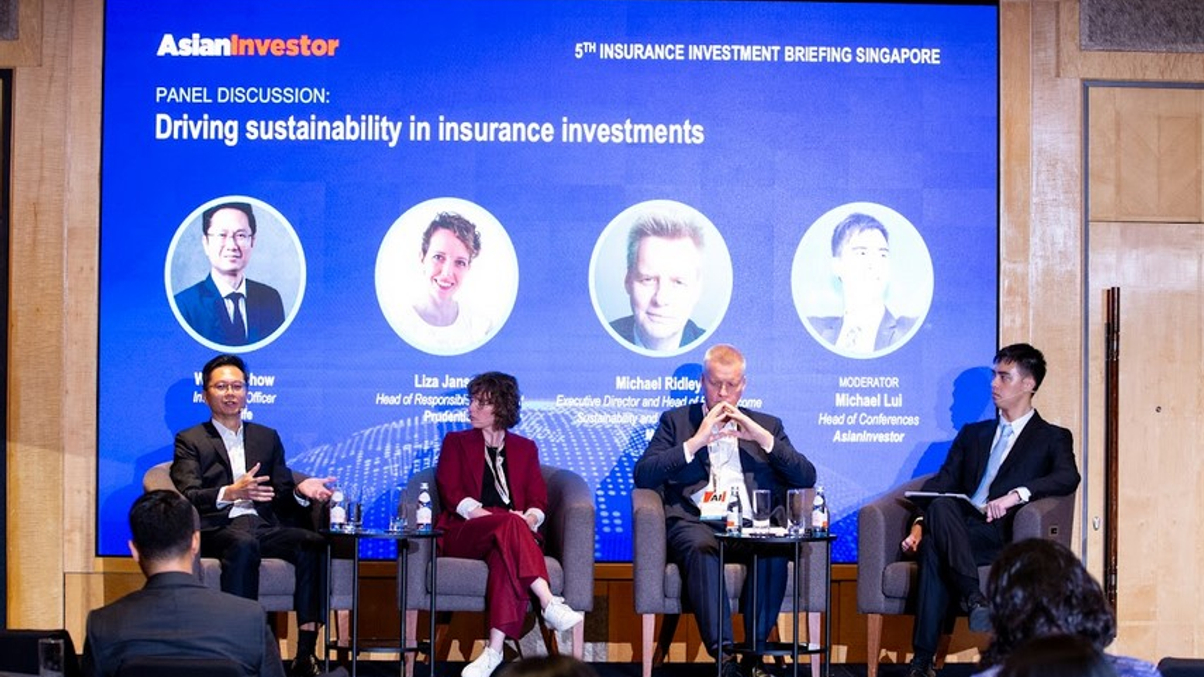Prudential plc, Singlife lay out key themes in sustainable investing
Industry leaders from Prudential plc and Singlife shared their strategies and insights on sustainable investing, while underscoring the crucial role of transition finance.

Transition finance is a critical element of Prudential's comprehensive strategy for sustainable investing in Southeast Asia, according to Liza Jansen, the life insurer's head of responsible investment.
Sign in to read on!
Registered users get 2 free articles in 30 days.
Subscribers have full unlimited access to AsianInvestor
Not signed up? New users get 2 free articles per month, plus a 7-day unlimited free trial.
¬ Haymarket Media Limited. All rights reserved.


